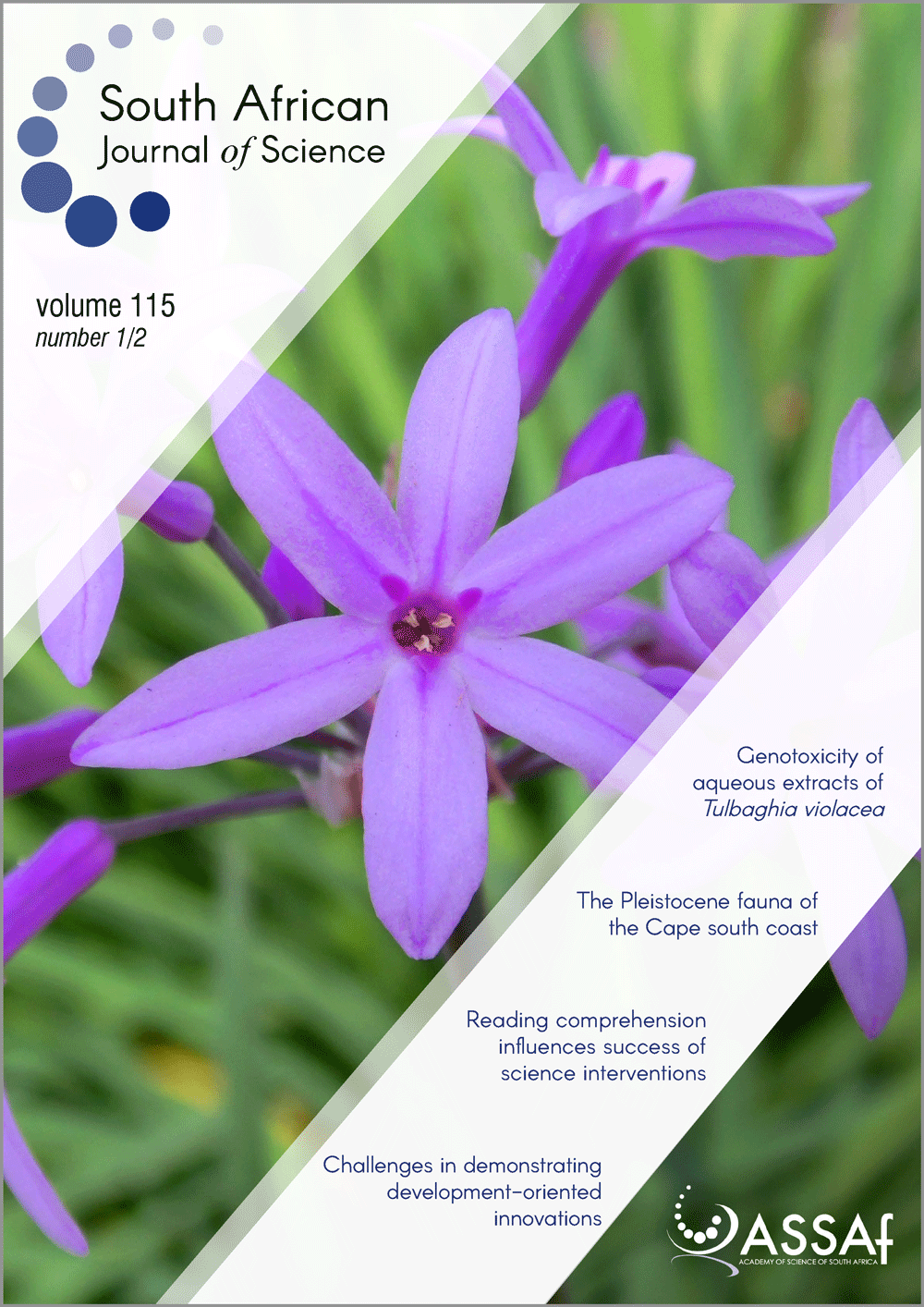Perfectionism and motivation in sport: The mediating role of mental toughness
DOI:
https://doi.org/10.17159/sajs.2019/5271Keywords:
athlete, competitive, performance, sport, tennisAbstract
An extensive body of research has been done on the links between perfectionism and motivation, yet the underlying mechanisms linking these psychological characteristics have been underexplored. In this study, we used an integrative modelling approach to examine associations between dimensions of perfectionism (i.e. personal standards [PSP] and concerns over mistakes [CMP]), mental toughness (MT) and motivational orientations (i.e. self-determined motivation [SDM] and non-self-determined motivation [NSDM]). Based on a sample of 318 male (n=218) and female (n=100) tennis players (Mage=17.61, SDage=2.41), fit indices derived from structural equation modelling supported a partially mediated model. Residual PSP associated positively with MT (β=0.74) and SDM (β=0.40), and negatively with NSDM (β=-0.22). Conversely, residual CMP associated negatively with MT (β=-0.14) and SDM (β=-0.19), and positively with NSDM (β=0.73). Mental toughness was positively associated with SDM (β=0.28), but was unrelated to NSDM (β=0.07). The relationship between residual PSP and SDM was partially mediated by MT (standardised indirect effect: 95% CI=0.19, 0.46). The findings of this study support research linking dimensions of perfectionism with motivational orientations and offer preliminary evidence on the mediating role of MT in the association between these psychological constructs. With emerging research supporting the capacity to develop MT through targeted interventions, the findings are discussed alongside salient implications.
Significance:
- Mental toughness partially mediated the association between pure personal standards perfectionism and self-determined motivation.
- Particularly among athletes with higher personal standards of perfectionism, more autonomous forms of motivation may be sustained via efforts that seek to develop athletes’ mental toughness.
Published
Issue
Section
License

All articles are published under a Creative Commons Attribution 4.0 International Licence
Copyright is retained by the authors. Readers are welcome to reproduce, share and adapt the content without permission provided the source is attributed.
Disclaimer: The publisher and editors accept no responsibility for statements made by the authors
How to Cite
- Abstract 3963
- PDF 2498
- EPUB 253
- XML 438












.png)